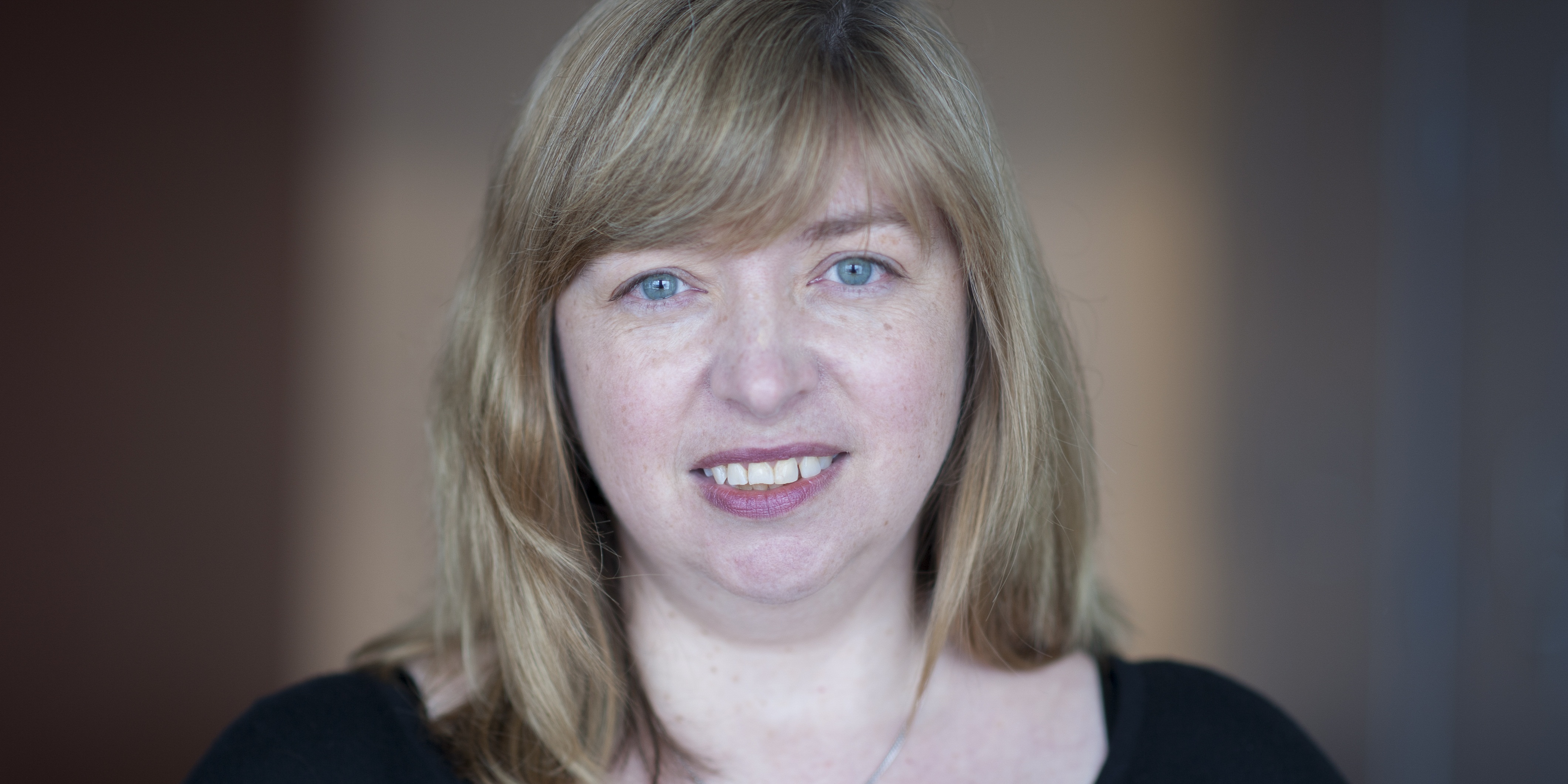
Researchers in China claim women who use pain relief during childbirth may have less risk of depression after their babies are born. What do our experts say?
We asked Dr Penny Sheehan, obstetric head of one of four maternity units at the Women’s who also runs a specialist clinic dedicated to women at high risk of pre-term labour and our Acting Director, Centre for Women's Mental Health, Dr Dennis Handrinos.
Dr Sheehan said this sounds like a good pilot study, but lacking in details.
“I expect that more detailed research would reveal that this is confounded by other factors such as the feeling of being in control during labour,” Dr Sheehan said. “Our own research has suggested that this is very important to women’s satisfaction with the birth experience which may contribute to the development of postnatal depression.”
Dr Sheehan, who is a clinical research fellow with the Pregnancy Research Centre and lecturer in the Department of Obstetrics and Gynaecology at the University of Melbourne, said she would think that other events such as the need for emergency caesarean section or instrumental births would prove to be more important than epidural.
“Still, it may be possible that among a group of women who all give birth normally, the epidural may be protective as suggested in the article, by decreasing pain transmitters.”
Asked if more women would want an epidural because of the claims, Dr Sheehan said: “I think women are more focused on their immediate labour outcomes rather than looking at potential long term benefits. Epidurals are known to increase the need for instrumental deliveries and assistance in second stage which may be more of an issue for our women.”
Her advice to women? “To prepare themselves as well as they can by exploring different options before labour and then to keep an open mind during the labour.”
Dr Sheehan said she agreed with the expert quoted in the study who said that there may be cultural issues involved in the study in China which mean that it cannot be replicated in other countries.
Professor Steve Robson, vice president of the Royal Australian and New Zealand College of Obstetricians and Gynaecologists, told ninemsn yesterday that this was an important area for further research.
"There may be cultural differences between Chinese women and Australian women, so I would urge slight caution in interpreting the results," he said.
"But postnatal depression and postnatal anxiety are incredibly important issues so this link certainly needs to be followed up very carefully."
Acting Director, Centre for Women's Mental Health, Dennis Handrinos, said in general we can say that post natal depression is common and all clinicians need to be vigilant to detect it in the perinatal period, mindful that a sizeable proportion of post natal depression has its origins in the antenatal period.
“The research appears to be a unique finding and would need to be replicated before the medical community could be sure of its clinical implications,” Dr Handrinos said.
“It is an interesting study whose findings should be closely scrutinised.
“Regardless, it does remind us of the need to make the mother’s labour experience as less traumatic as is possible and that women should have the opportunity to discuss their birth experiences with a clinician, especially if the labour was traumatic or prolonged.”